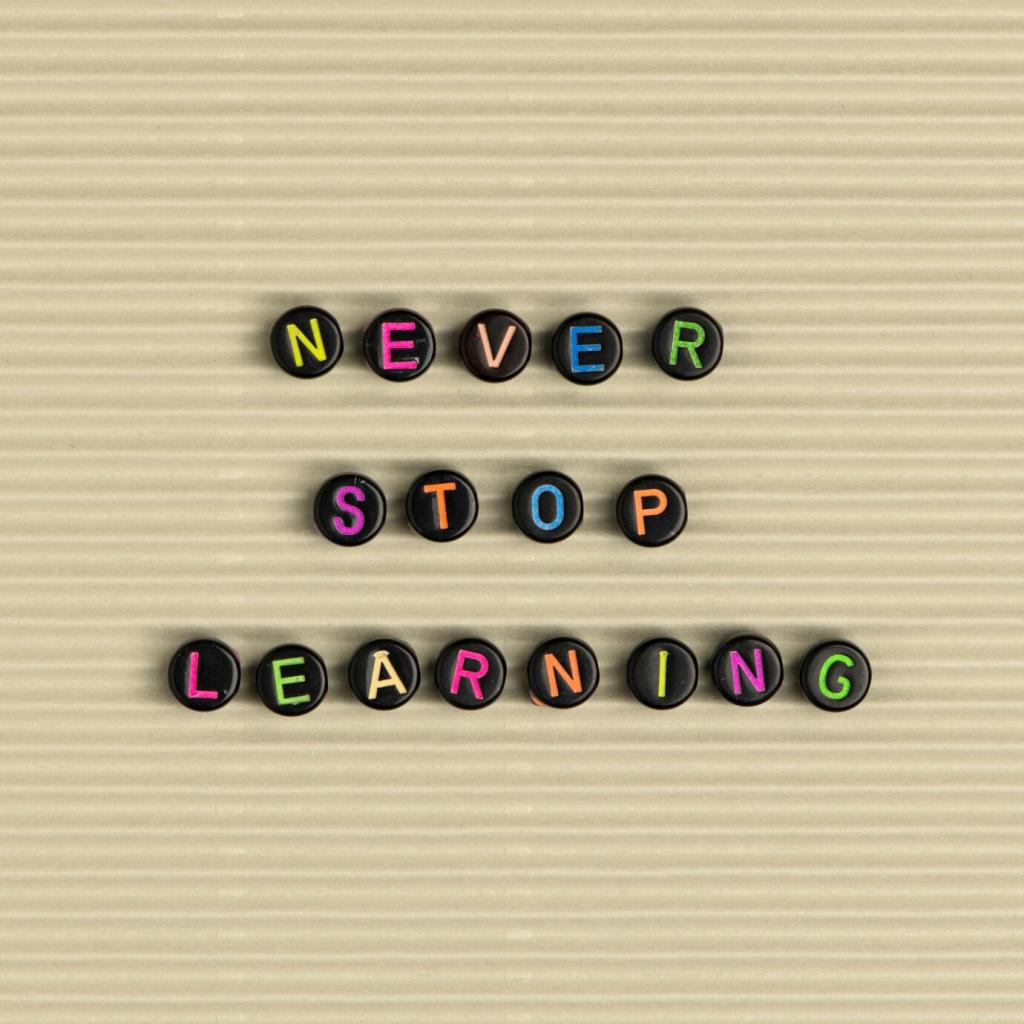Duolingo vs. Rosetta Stone: Find Your Best Language Learning Fit
Chosen theme: Platform Comparisons: Duolingo vs. Rosetta Stone. Welcome to a friendly, evidence-informed guide that helps you match your learning style with the right platform, so your goals feel attainable, joyful, and sustainable. Read on, compare thoughtfully, and tell us which approach resonates with you.


Duolingo’s micro‑lessons and habit loops
Short sessions, streaks, and gentle reminders turn daily practice into a satisfying ritual. Each lesson feels approachable, and checkpoints reinforce progress. If you thrive on visible milestones, the structure keeps you returning.

Rosetta Stone’s Dynamic Immersion approach
With images, audio, and no translations, you infer meaning like a child learning naturally. It demands patience, but rewards you with stronger pattern recognition and internalized understanding that gradually feels second nature.
Curriculum Design and Content Breadth
Language variety and course availability
Duolingo offers a broad catalog for English speakers, spanning over forty course options and playful specialty content. Rosetta Stone focuses on roughly two dozen widely studied languages with consistent lesson quality and clear progression.
Path structure and learning flow
Duolingo’s guided path breaks skills into small, repeatable steps with checkpoints and reviews. Rosetta Stone builds layered competency, returning to themes through richer, context‑heavy drills that stretch listening, reading, and speaking together.
Cultural context and content style
Duolingo sprinkles humor, stories, and podcasts to keep engagement high. Rosetta Stone relies on visual context and real‑world scenes to foster intuitive understanding. Which style feels more engaging for you? Tell us why.


Speaking and Pronunciation: Tech That Trains Your Ear and Voice
Duolingo integrates quick pronunciation checks inside micro‑lessons, offering frequent, low‑pressure practice. Rosetta Stone’s TruAccent aims for precise feedback, encouraging careful repetition and closer attention to phonetic detail and intonation patterns.
Speaking and Pronunciation: Tech That Trains Your Ear and Voice
Short, repeated prompts help reduce anxiety, while immersive drilling strengthens muscle memory. Pair these tools with shadowing native audio daily. Comment with the phrase that finally clicked for you after persistent voice practice.

Offline, Accessibility, and Device Experience
Mobile‑first practice on busy days
Duolingo’s compact lessons shine during short breaks, making language training easier between tasks. Rosetta Stone’s visuals guide you through longer sessions when you can carve out focused time. Mix both tempos to suit your day.
Offline options for patchy connections
Downloadable lessons help maintain momentum on flights or subways. Queue content in advance and plan a review sequence. Comment with your favorite offline routine and how you prevent losing steam without notifications.
Accessibility and learner comfort
Adjust playback speed, enable captions where available, and use headphones to isolate sound. Small ergonomic tweaks reduce fatigue and improve outcomes. Share what accessibility features help you stay comfortable and attentive.
Assessment, Progress, and Real‑World Outcomes
Start with a placement check, then let adaptive practice target weaknesses. Both platforms revisit tough areas, but in different rhythms. Track errors, celebrate fewer repeats, and tell us which review flow feels more supportive.
Assessment, Progress, and Real‑World Outcomes
Practice ordering food, asking for directions, or handling basic work tasks. Role‑play aloud, time yourself, and increase complexity. Share the first real‑world conversation you navigated successfully and what surprised you most.


Community, Support, and Your Next Step
Join challenges, swap practice prompts, and celebrate wins openly. Seeing others persist normalizes plateaus and sparks momentum. Post your streak below and the phrase you are most proud of mastering recently.
Community, Support, and Your Next Step
When you hit a slump, return to structured modules, repeat pronunciation drills, and set a micro‑goal for the next session. Tell us what guidance helps most—checklists, reminders, or community feedback loops.


